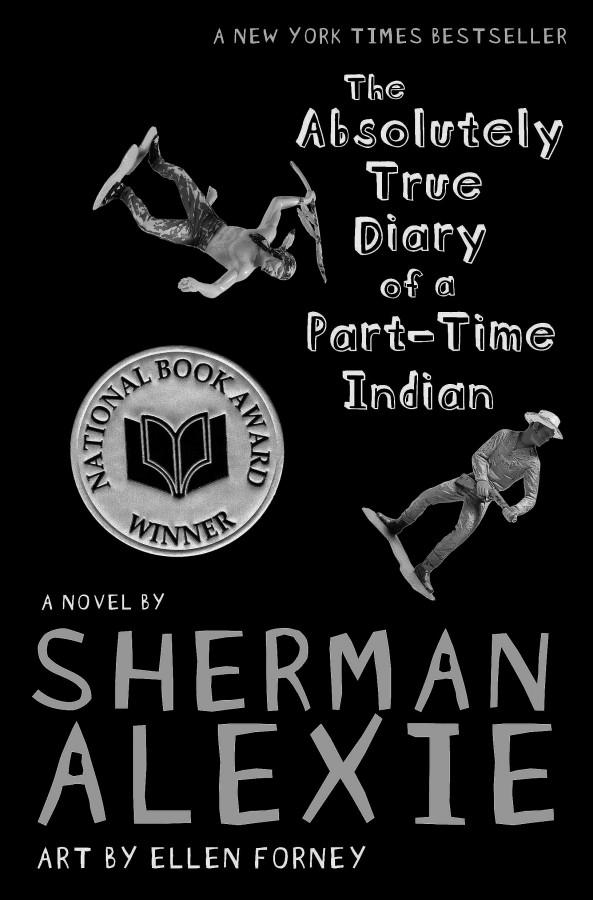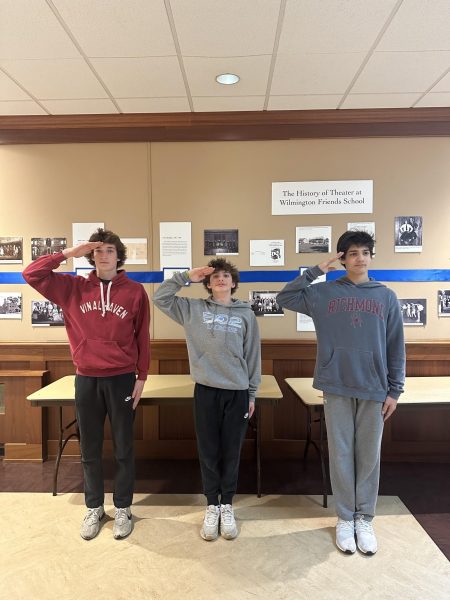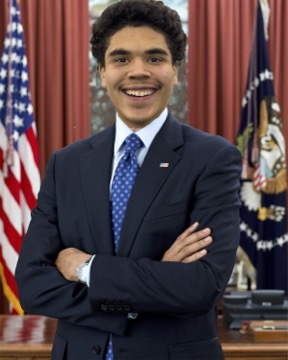WFS Stands By Beloved Novels Despite Controversy
Homecoming 2015: Freedom Issue
The Absolutely True Diary of a Part-Time Indian, a WFS summer reading book
Literature, like any other artform, has the ability to sway one’s opinion, introduce a controversial idea, or spawn an entire movement. Academic administration controls these effects through limiting their students’ libraries. Book censorship is an intergenerational issue. If one generation destroys the existence of a book, it will surely disappear forever, until brave members of the public recognize a flaw in the system of freedom.
To some degree, all books can be challenged. Even children stories with the most innocent plotlines have received disapproval. When one reflects on the work of Dr. Seuss, such as Green Eggs and Ham, a fun bedtime story ritual might come to mind. However, in 1965, this book was considered, “a clear portrayal of early Marxism” in Maoist China. Even though Seuss admits to being, “subversive as hell” with his writing, perhaps Marxism was an extreme take on a message for children to be open to new experiences.
In the same sense, beloved literary favorites at Wilmington Friends could be perceived elsewhere as taboo work of writing. Commonly challenged books that are revered here at Wilmington Friends include The Absolutely True Diary of a Part-Time Indian, Billy Lynn’s Long Halftime Walk, Catcher in the Rye, American Born Chinese and The Things They Carried. While he includes profanity and sexual content, Ben Fountain captures the reality of war in Billy Lynn. Caroline McGinnis ’17 elaborated on this idea: “Billy Lynn is a good fit for the themes we discussed in English 10, such as the American Dream. Because most sophomores have already been exposed to innappropriate content in the media, they don’t let it diminish the educational value of the novel in anyway.” Libraries challenge the graphic novel, American Born Chinese due to its blatant stereotyping. Tim O’ Brien’s collection of short stories, The Things They Carried, includes graphic violence and profanity that concerns many. J. D. Salinger’s Catcher in the Rye undoubtedly features a protagonist considered to be anything but decent teenage a role model. Ethan Moser ’17 explained, “These books are a great way to take the first step in learning about things outside your comfort zone,”. Each novel has been cherished by WFS students for their powerful messages, despite the qualities that are commonly deemed innappropriate and complained about. Specifically, The Absolutely True Diary of a Part-Time Indian, an eighth grade summer reading book, has been banned for addressing multiple areas of controversy. Surprisingly, our community has not sparked any uproar about the book choice. Eighth grade English teacher, Eric Tucker enjoys having the novel as part of his course curriculum. He explained, “as for controversy, I haven’t experienced any in my fifteen years; maybe that’s not good. Perhaps my book selections need to be a bit edgier. Parent comments have always been positive, but in a community such as ours, parents are generally open-minded. They look for their children to become independent, critical thinkers, and thought provoking content can facilitate these very qualities.”
Alexie’s novel is considered controversial for multiple reasons, such as anti-Christian ideas, sexual content, racism, and profanity. This eye-catching writing was exactly what Tucker loved about it, and drove him to share it with students year after year. He states, “I want students to be engaged with the literature, and I want the literature to cover themes that are relevant to my students. The reality in middle school is that many students don’t necessarily gravitate to realistic fiction. Many prefer alternate worlds, alternate realities, but that doesn’t mean they can’t relate this material to their world. And if I believe the book will capture their interest, why not?”
Not all teachers can agree on what benefits and corrupts the minds of their students. However, locals wanting a say in how their youth is educated, offered negative comments about The Absolutely True Diary of a Part Time Indian. According to The Guardian, an Idaho local in support of the banning the book claimed that the story, “subjects children to filthy words ‘we do not speak in our home’, which said the book features ‘reference to masturbation, contains profanity and has been viewed by many as anti-Christian.” These ‘profane’ references banned the book almost immediately. Shortly after, this sparked some outrage on the other end of the spectrum when 350 local students gathered a petition to defend their rights. Eventually, the National Coalition Against Censorship defended the students stating, “Students have the right to read affecting, engaging and valuable works and teachers have the right include them in their curriculum. Public education should not be subject to the personal views and preferences of individuals, nor should access to a high-quality education be obstructed by government officials.” This contention elicited a response from the author stating, “book banners want to control debate and limit the imagination. I encourage debate and celebrate imagination”. Tucker shared a similar view to Alexie, stating, “I hope that the literature we read provides an opportunity for children to ask questions and engage in discussion. I hope it gets them thinking about the world outside our community and their place in it. I hope they begin to understand that their voices can be powerful.”
Perhaps an invisible fine line exists between eye-opening and offensive. Profane content in some cases may distract the reader from the author’s overall message, but it also possesses the power to reinforce the author’s ideas. Hannah Kushner ‘17 argued against censorship, explaining how students benefit from reading about controversial topics: “The only way we can learn is through exposure. If we don’t read about topics such as racism in school, how we will understand those topics in the real world? By reading controversial books in school curriculums, students are guided through how to understand information, rather than seeing it on their own and not knowing how to handle it.” It seems as though finding the perfect balance between peaking interest in readers and finding a wholesome narrative is difficult for writers and teachers alike. With honest stories that capture audiences, it seems as though the public cannot be pleased. WFS students embrace their opportunity to read about controversial topics, but where is this defining line between appropriate and taboo, and who is to determine it?





































